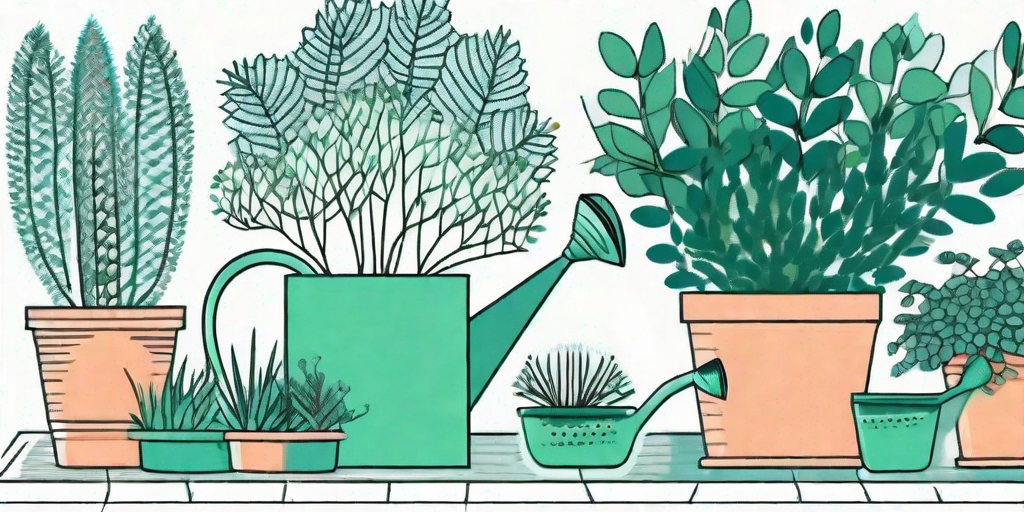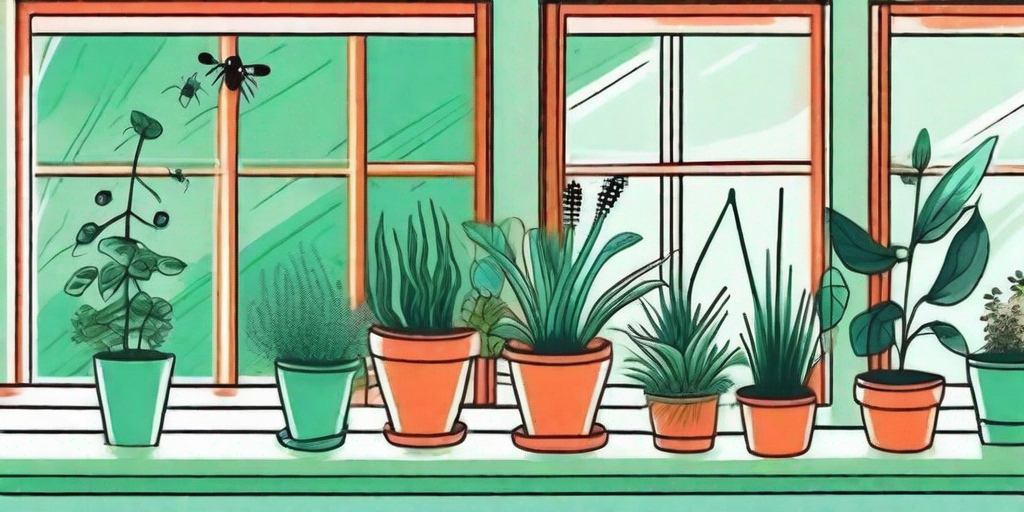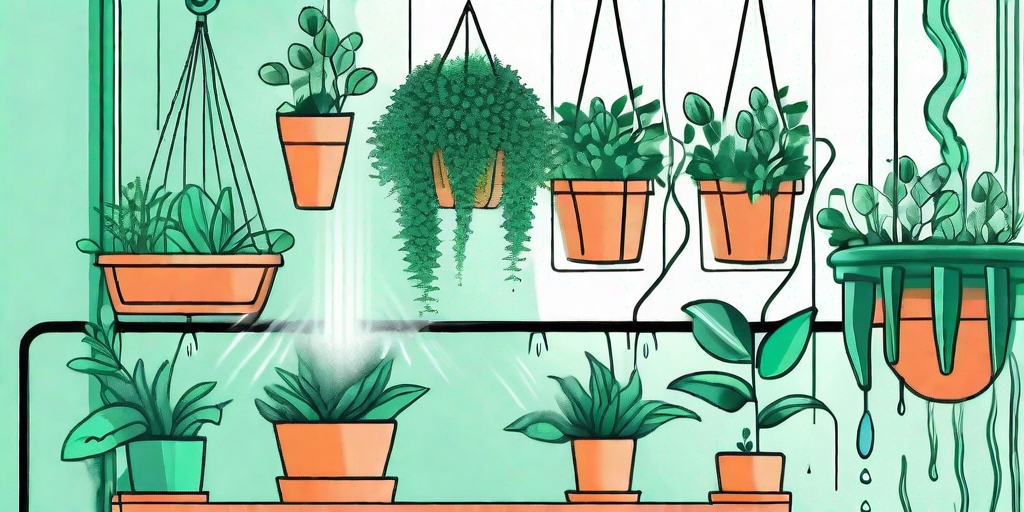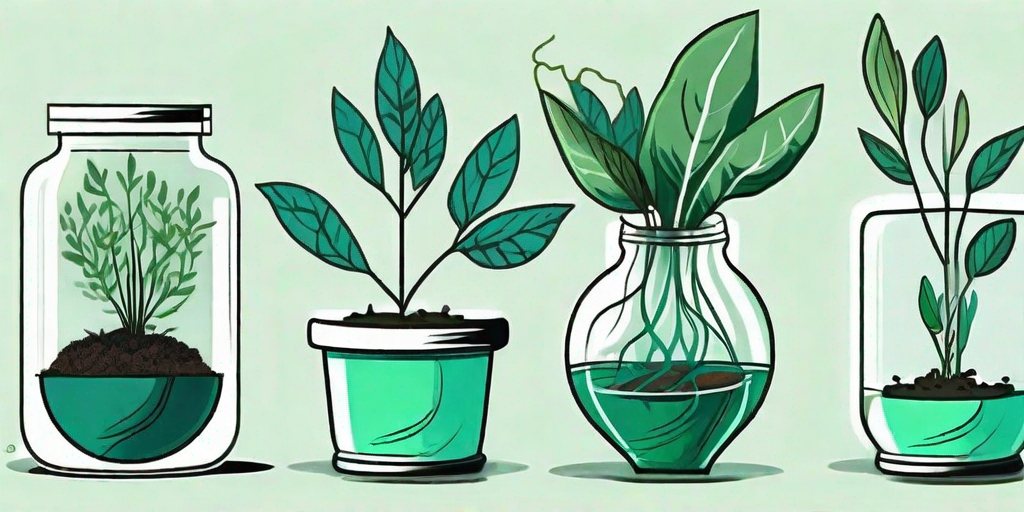
Ah, houseplants. They're the silent, leafy companions that brighten up our homes, clean our air, and silently judge us when we forget to water them. But, like any good roommate, they sometimes come with unwanted guests. We're talking about pests, those tiny, annoying critters that seem to love our plants just as much as we do. But fear not, dear plant parent, for we have the ultimate guide to help you declare war on these pesky invaders. So, buckle up, and let's dive into the world of houseplant pesticides.
Understanding Your Foe: Common Houseplant Pests
Before we start swinging our pesticide-laden swords, it's important to know who we're fighting against. After all, knowledge is power, and in this case, it's the power to keep your precious green babies safe and sound. So, let's meet the usual suspects:
1. Aphids
These tiny, pear-shaped insects are the bane of many a plant lover's existence. They suck the sap out of your plants, causing the leaves to yellow and curl. And to add insult to injury, they also produce a sweet substance called honeydew, which can lead to sooty mold.
2. Spider Mites
Despite their name, spider mites are not spiders. They're mites. But they do spin fine, silky webs over your plants, which is not only unsightly but also a sign that your plant is being sucked dry. Spider mites are particularly fond of dry conditions, so they're a common problem in winter when indoor air tends to be drier.
3. Mealybugs
Mealybugs look like tiny, fluffy white cotton balls. But don't be fooled by their cute appearance. These pests suck the life out of your plants and excrete honeydew, just like aphids. They're particularly fond of succulents, but they're not picky eaters.
Choosing Your Weapon: Types of Houseplant Pesticides
Now that we know who we're dealing with, it's time to choose our weapons. There are many types of houseplant pesticides available, each with its own strengths and weaknesses. Let's take a look at some of the most common ones:
1. Insecticidal Soaps
Insecticidal soaps are a safe and effective way to control many soft-bodied pests, including aphids, spider mites, and mealybugs. They work by dissolving the pests' outer coating, causing them to dehydrate and die. Plus, they're safe to use around pets and children, which is always a bonus.
2. Neem Oil
Neem oil is a natural pesticide derived from the neem tree. It's effective against a wide range of pests and is also a great fungicide. However, it can be harmful to some beneficial insects, so use it with caution.
3. Pyrethrins
Pyrethrins are natural insecticides derived from chrysanthemum flowers. They're very effective against a wide range of pests, but they can also be harmful to beneficial insects and should be used sparingly.
Applying Your Weapon: How to Use Houseplant Pesticides
Now that we've chosen our weapons, it's time to get down to business. But before we start spraying willy-nilly, let's talk about how to use houseplant pesticides safely and effectively.
1. Read the Label
Yes, we know, reading labels is boring. But it's also crucial. The label will tell you how to use the product safely, how much to apply, and how often to apply it. It will also tell you which pests the product is effective against and whether it's safe to use around pets and children.
2. Test a Small Area First
Before you douse your entire plant in pesticide, it's a good idea to test a small area first. This will allow you to see how the plant reacts to the pesticide and whether it causes any damage.
3. Apply Thoroughly
When applying the pesticide, make sure to cover all parts of the plant, including the undersides of the leaves. This is where pests often hide, so don't skimp on the pesticide in these areas.
FAQs
1. Can I use homemade pesticides on my houseplants?
Absolutely! There are many recipes for homemade pesticides available online, many of which use common household ingredients. However, keep in mind that homemade pesticides may not be as effective as commercial ones, and they may need to be applied more frequently.
2. How often should I apply pesticides to my houseplants?
This depends on the type of pesticide and the severity of the infestation. Always follow the instructions on the label for the best results.
3. Can I prevent pests on my houseplants?
While it's impossible to completely prevent pests, there are steps you can take to make your plants less attractive to them. These include keeping your plants healthy, avoiding overwatering, and regularly inspecting your plants for signs of pests.
Conclusion
And there you have it, folks! The ultimate guide to houseplant pesticides. With this knowledge in your arsenal, you're well-equipped to defend your leafy friends from those pesky pests. So go forth, brave plant parent, and may the odds be ever in your favor!















